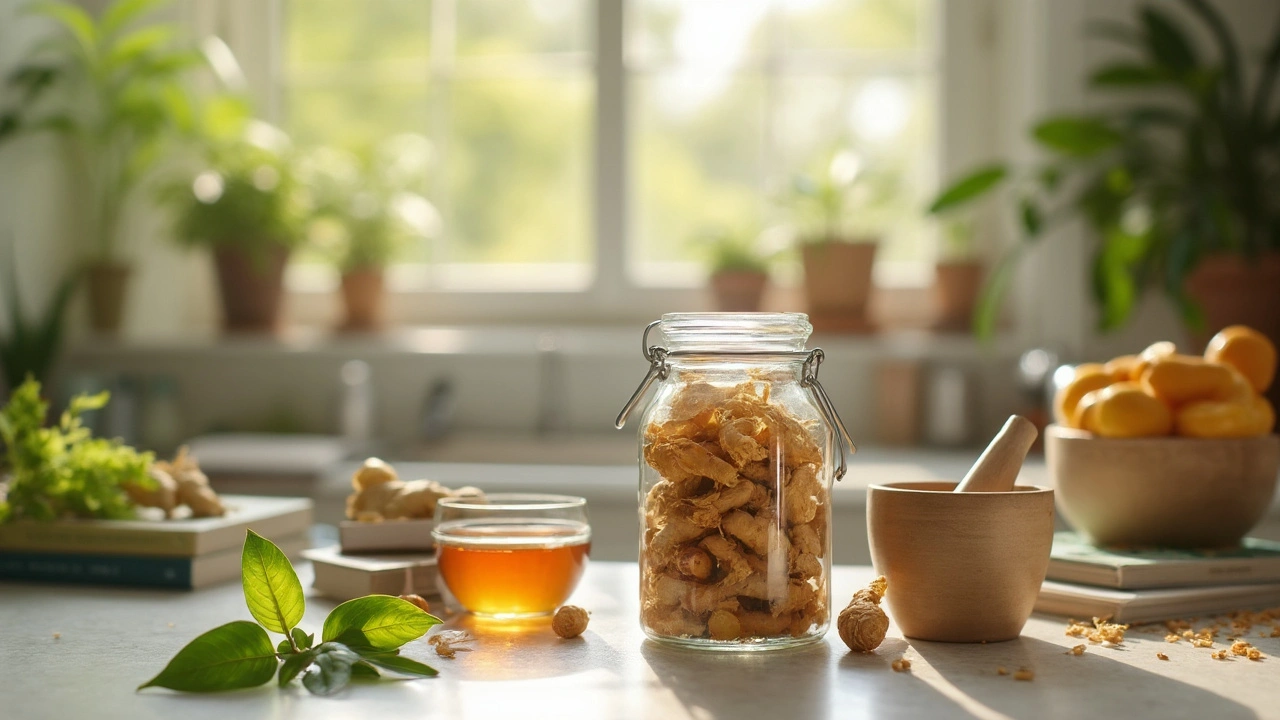Herbal Remedies: What Works, What to Watch, and How to Choose Safely
People love the idea of using plants to feel better, but not every herb lives up to the hype. If you’re curious about adding a natural supplement to your routine, you need the basics: which herbs have solid evidence, what side effects to expect, and how to avoid low‑quality products. This guide breaks down the most talked‑about herbs, points out red flags, and gives you a quick checklist for safe buying.
Top Herbal Remedies People Use
Goldenseal often pops up in grocery‑store shelves. It grew from Native American tradition and is now marketed for immune support. Studies show it contains berberine, which can help fight certain bacteria, but the evidence is modest and high doses may affect the liver. Echinacea is another crowd‑favorite for colds; short‑term use can shorten symptoms, yet it doesn’t help everyone and can trigger allergies.
Turmeric’s active ingredient, curcumin, is praised for anti‑inflammatory effects. Combining it with black‑pepper extract boosts absorption, making it a useful addition for joint pain. St. John’s Wort is popular for mild depression, but it interacts with many prescription drugs, so a pharmacist check is a must. Finally, valerian root is a go‑to for sleep, offering a calming effect without the grogginess of prescription sedatives for most users.
Staying Safe When Using Herbs
First, treat herbs like any other medication: read the label, check the dosage, and note any warnings. Look for brands that show a third‑party seal (USP, NSF, or ConsumerLab). Those tests verify that the product contains what it claims and is free from contaminants like heavy metals.
Second, ask yourself if you really need the herb. If you’re already on blood thinners, for example, avoid ginger or garlic supplements that can increase bleeding risk. Pregnant or nursing people should skip many herbs (including goldenseal and St. John’s Wort) unless a doctor says it’s safe.
Third, start low and go slow. Take the smallest recommended dose for a week, watch how your body reacts, then decide if you want to continue. Keep a simple log of any new symptoms—headaches, stomach upset, skin rash—so you can spot patterns quickly.
Finally, talk to a health professional. A pharmacist or a doctor familiar with integrative medicine can tell you if an herb will clash with prescription drugs or existing conditions. This extra step saves you from unpleasant surprises and keeps your health plan on track.
Herbal remedies can be a helpful addition to a balanced lifestyle, but they’re not a magic fix. By picking reputable brands, checking interactions, and listening to your body, you get the benefits without the guesswork. Ready to give a plant‑based supplement a try? Use the checklist above, start slow, and you’ll know fast whether it’s a good fit for you.

